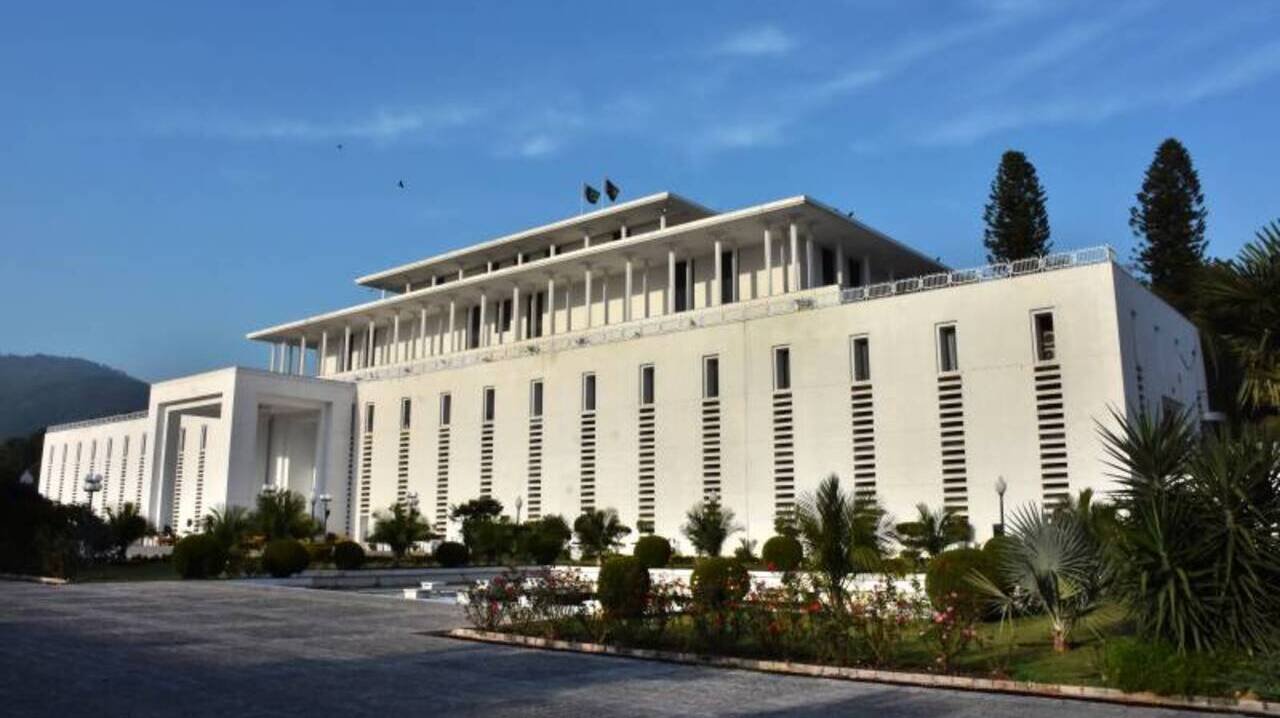In Pakistan, the process of passing a bill involves a series of steps and interactions between the President’s office, the Prime Minister’s House, and relevant ministries or departments. A bill cannot become law without the President’s signature, as stipulated in Article 75 of the Constitution. According to this article, when a bill is presented to the President, he has two options: either to sign it into law or send it back to Parliament with proposed amendments.
Before any bill reaches the President, it goes through different stages within the President’s office. The President’s staff is divided into two departments: the “Internal Wing” and the “Presidential Secretariat.” The Internal Wing handles the President’s personal affairs, security, domestic and international matters, and meetings. The Presidential Secretariat, on the other hand, is headed by a senior bureaucrat known as the Secretary to the President. This department manages all administrative matters related to the President’s office.
When a file related to a bill requiring the President’s signature arrives, it first goes to the Section Officer in the President’s staff. The Section Officer reviews the file and writes a brief note describing its contents. This note is then sent to the Assistant Secretary for approval. From here, the file moves up the hierarchy through the Additional Secretaries, Joint Secretaries, and ultimately reaches the Secretary to the President. Once approved at this level, the file is presented to the President.
Upon receiving the file, the President can either place his seal of approval, marking the end of the process, or return the file with “disapproval” along with reasons for his objection. If the President disapproves the bill, it is sent back to the relevant department, ministry, or parliament with his observations. This returns to sender process is conducted under the same chain of command as when the file first arrived at the President’s office.
In the event that the President returns the bill without approval, there is some ambiguity in the Constitution regarding whether the bill automatically becomes law. The provision states that if the bill is not returned within ten days, it shall become law. However, whether the bill needs to pass through another joint session of Parliament in case of non-approval remains uncertain.
Senior journalist Noshin Yousaf highlighted that the Constitution contains some confusion in this matter. When the President signs or returns a bill, it necessitates convening a joint session of Parliament within ten days. As such, the constitutional interpretation of the automatic passage of a bill that is not returned within ten days is still open to debate.



